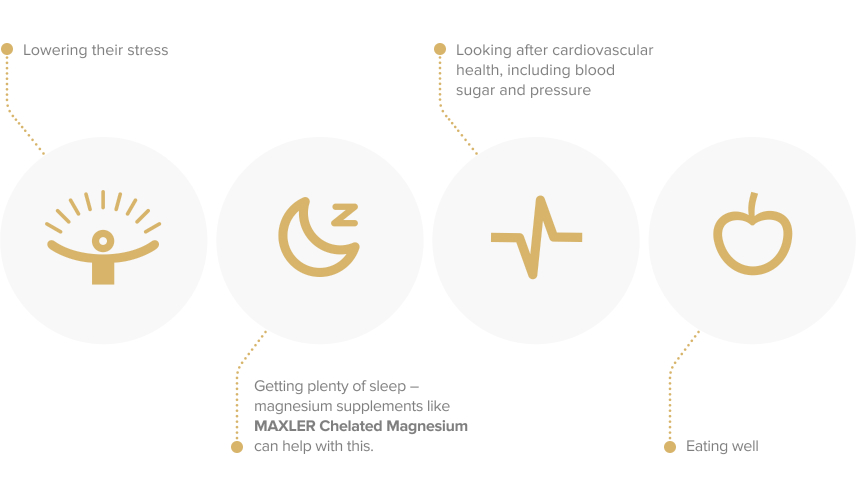7 Questions About Heart Health in Pro Sports

During the 2020 Euro soccer championships, the unexpected happened. The collapse of a Danish player, Christian Eriksen, took the whole stadium by shock and surprise. The midfielder turned out to have suffered a cardiac arrest, with the doctors present having to give him urgent care. On some level or other, these things can be unbelievable – how can someone who’s in such great shape suffer from heart problems?
It’s time to raise awareness of athletes’ heart health in professional sports and do our part in ensuring everyone is ready to talk about it. In this post, we’ll discuss 7 common questions about athletes’ heart health.
The good news is that these sorts of events, like athletes' heart problems, are quite rare in athletes1. However, sudden issues that pop up might have a massive effect on the athlete, so understanding what to look out for and how to take care of heart health is essential.
Question 2. Why might athletes have heart issues?It might seem odd that healthy athletes, who look after their body and performance so well, can suffer from heart issues. Some athletes might be genetically predisposed to these heart conditions, so it’s a good idea to monitor your heart health regularly. Additionally, those who train often, and at a high intensity, can develop an athlete’s heart. This is a range of changes that happens to the heart, and while it’s not usually a cause to worry, it’s still good to pay attention to it2.
Additionally, athletes’ hearts may have an increase in calcium deposits in the coronary artery. To help your body deliver calcium to the bones, where it’s needed, and not to the blood vessels, include D3+K2 Vitamins in your routine. The formula helps absorb calcium and the K2 vitamin supports calcium deposition in the bone.
Question 3. Why is heart health a concern?
The heart is essential for our ability to exercise, therefore, it affects our performance. Looking after heart health is key for good performance, and it’s especially important since over 80% of athletes don’t typically experience signs of issues3.
Raising awareness of this can help people advocate for themselves and seek support in case they feel something’s off.
 Question 4. How to access a heart test for athletes?
Question 4. How to access a heart test for athletes?
It’s important to look after your heart health and keep monitoring it in case something crops up unexpectedly. Ensure you get a regular heart screening for athletes as per the guidelines relevant to you – your coach or doctor might be able to advise you on it. Typically, though, a medical history and a physical exam may be sufficient. Some athletes, especially in Europe, may also get an ECG exam to check how the heart is working4.
Question 5. How can athletes look after heart health?
Athletes already do plenty of exercise, which is great for heart health. However, there are other things they can do:

Luckily, there are plenty of heart-healthy nutrients athletes can be getting more of. Eating plenty of omega-3 fatty acids supports cardiovascular health. Try Omega-3 Gold for a highly bioavailable dose of the nutrient. Vegan Omega can also suit those athletes who are plant-based, helping you take care of your heart.
If you’ve heard that red wine helps heart health, you may be partially right. Maxler Trans-resveratrol, an antioxidant found in grapes and wine, can benefit heart health5. Taurine 1000 mg is another antioxidant known to support heart health and provide plenty of other benefits for athletes6.




